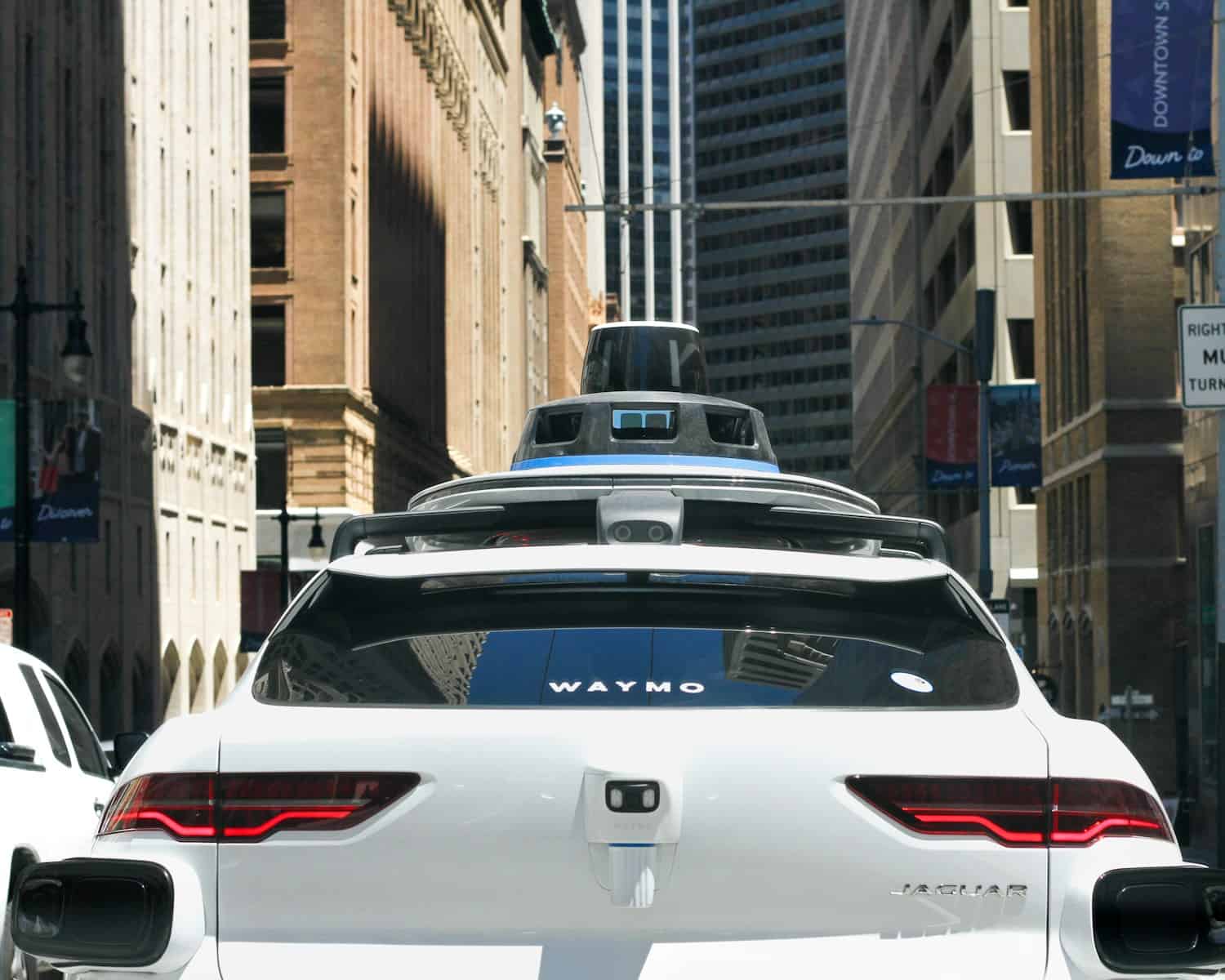
Photo by gibblesmash asdf on Unsplash
Driverless Robotaxis Roll Out in Los Angeles
March 15, 2024
In Hollywood, if you spot a car cruising without a driver, don’t panic. About 50 driverless robotaxis hit the streets of Los Angeles this Thursday. The hope is that this new mode of transportation won’t cause as many hiccups as it did in other parts of California.
Waymo, a subsidiary of Google’s parent company Alphabet, is behind this latest addition to the ride-sharing scene. The company has already been testing robotaxis in San Francisco since last year and also has a presence in Phoenix.
The rides in L.A. will at first be free and available to the 50,000 individuals who signed up on the company’s waitlist. Then Waymo will switch over to a paid service in the coming weeks.
A promotional video showcasing Waymo employees enjoying their first driverless rides in L.A. aims to drum up excitement.
However, not everyone is thrilled about the introduction of these robotaxis. In the lead-up to their L.A. debut, there have been legal battles and protests outside Google’s local office. Members of the Teamsters union are worried that these vehicles will snatch away jobs and endanger workers who operate emergency vehicles and garbage trucks.
Yvonne Wheeler, president of the Los Angeles County Federation of Labor, is among the critics. She’s adamant that the technology isn’t ready for city roads, citing incidents in San Francisco where autonomous vehicles caused chaos, from blocking fire trucks to colliding with buses and even harming animals. “Autonomous vehicles like the ones that Waymo wants to unleash in our communities, have been wreaking havoc wherever they go,” she said.
Despite assurances from companies like Cruise and Waymo about the safety of their vehicles compared to human drivers, concerns linger. Cruise, owned by GM, faced backlash after one of its driverless cars struck a pedestrian in downtown San Francisco.
While the state of California has given the green light for robotaxis to operate in L.A., local lawmakers like Los Angeles City Council member Hugo Soto-Martinez are apprehensive. Soto-Martinez believes that such decisions affecting public safety should be made by elected officials, not unelected bodies.
As discussions about the future of driverless vehicles heat up, Soto-Martinez supports a state bill that would transfer permitting power to local authorities. Until then, the streets of Los Angeles will witness the debut of these futuristic robotaxis, promising convenience but sparking controversy.
Recent News
Premium and Healthier Food Options Gain Traction
As consumers become more mindful of their spending, the global sales of cooking ingredients and meals saw a notable increase of 4.4% in 2023, driven by inflation and higher commodity prices, according to Euromonitor International. This trend underscores a shift in consumer behavior towards more economical choices while still showing a preference for premium, healthier, and environmentally sustainable options.
Dairy Manufacturers Inc. Issues Voluntary Recall of Baby Formula
In a significant move, Dairy Manufacturers Inc., a Texas-based company, has initiated a voluntary recall of several baby formula products after they were found to be noncompliant with U.S. Food and Drug Administration (FDA) regulations. The recall encompasses all lot codes of three specific products: Crecelac Infant 0-12, Farmalac 0-12, and Farmalac 0-12 Low Lactose. This announcement was officially published on the FDA’s website on Saturday.
Fitness Equipment to Become $18.4 Billion Market
The global fitness equipment market is projected to reach $18.4 billion by 2033, growing at a CAGR of 3.02% from 2024 to 2033, according to Allied Market Research. Key drivers include the integration of Internet of Things (IoT) technology in fitness devices and the rise of corporate wellness programs. IoT-enabled equipment captures workout metrics in real time, enhancing user engagement and offering personalized insights. Corporate wellness initiatives promote physical activity in the workplace, increasing demand for fitness equipment in corporate gyms.
Walmart Ends Partnership with Capitol One
Walmart has officially ended its consumer credit card agreement with Capital One, marking a significant shift in the retail giant’s financial partnerships. This decision follows a series of disputes over customer service issues that culminated in a legal battle and a federal judge’s ruling.

